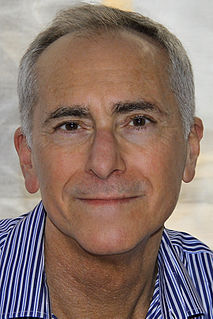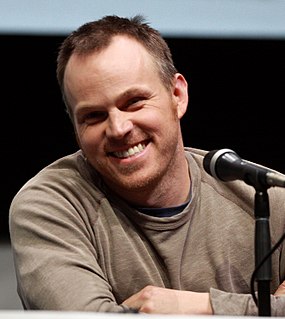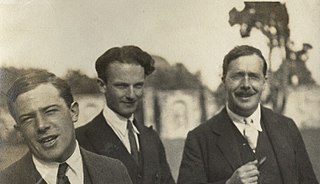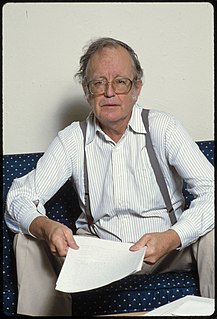A Quote by David Nicholls
I read a lot of F. Scott Fitzgerald. I love 'Tender is the Night,' and its atmosphere of doomed romance. He was one of the greatest prose stylists, with a wonderfully clear but lyrical quality.
Related Quotes
I developed a mania for Fitzgerald - by the time I'd graduated from high school I'd read everything he'd written. I started with 'The Great Gatsby' and moved on to 'Tender Is the Night,' which just swept me away. Then I read 'This Side of Paradise,' his novel about Princeton - I literally slept with that book under my pillow for two years.
I fantasised about F. Scott Fitzgerald's 'The Great Gatsby' - I loved it, and then I read everything J. D. Salinger had to offer. Then I was turned on to Kerouac, and his spontaneous prose, his stream of consciousness way of writing. I admired him so much, and I romanticised so much about the '40s and '50s.
Poetry has an indirect way of hinting at things. Poetry is feminine. Prose is masculine. Prose, the very structure of it, is logical; poetry is basically illogical. Prose has to be clear-cut; poetry has to be vague - that's its beauty, its quality. Prose simply says what it says; poetry says many things. Prose is needed in the day-to-day world, in the marketplace. But whenever something of the heart has to be said, prose is always found inadequate - one has to fall back to poetry.
I'm often a little perplexed, when I read a review of a book, by the quotes that are pulled out as evidence of excellent prose. I don't think great novels are necessarily composed of great prose, or that there's a correlation between beautiful prose and the quality of a work of fiction. A really good, interesting novel will often let a little ugliness get into its words - to create a certain effect, to leave the reader with a certain sense of disorientation.







































